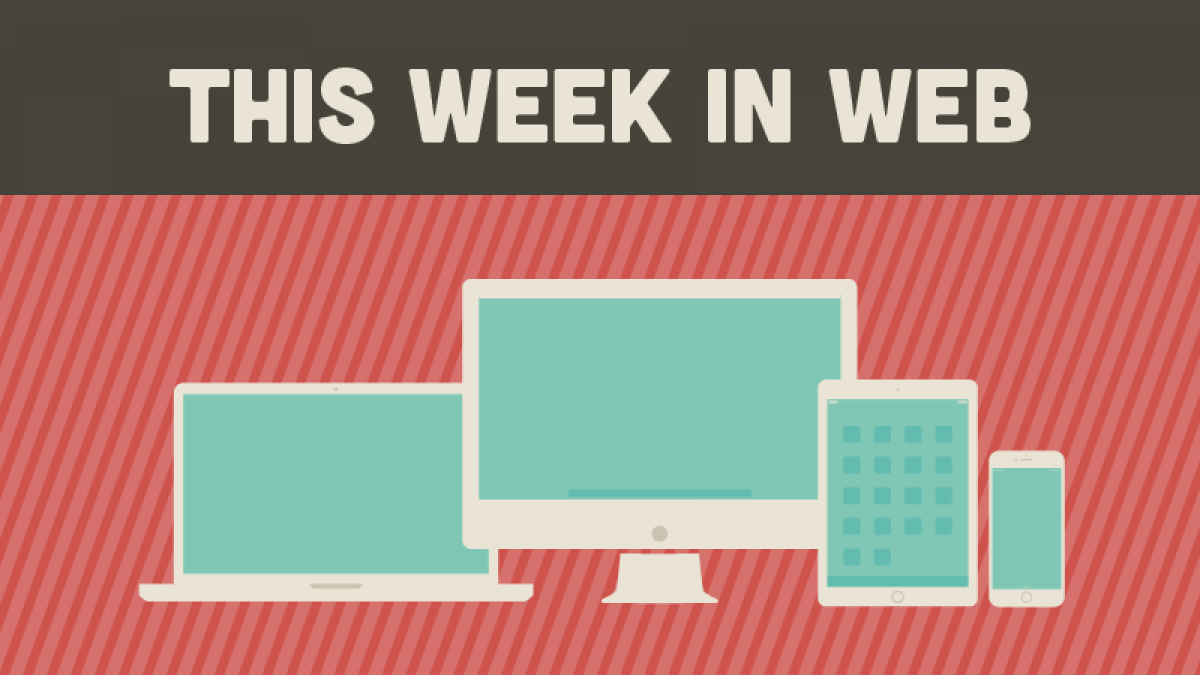
This Week in Web: February 9-13
This week, Twitter found a new way to make money, doctors shared puzzling photos, windmills made a big comeback, massage therapists dragged their tables to customers' homes, travelers hung out in hotels, the White House worried about privacy, Congress worried about hackers, and someone at Google worried that the 21st century would be forgotten.
Twitter Finds Its Niche
Until now, Twitter hasn't been making money from Vine, even though the app's six-second films have a huge and loyal user base. That's about to change.Twitter has finally found a way to generate revenue from the videos by tapping into the popularity of the stars that the app itself has created.
Twitter announced that it acquired Niche, a company that connects Vine stars with brands that want to use them for non-traditional advertising. Hewlett-Packard, for example, made a series of funny Vines featuring Vine personalities performing antics in their signature styles in Vines that featured the company's laptops. Social media advertising then circled back to traditional advertising, with the Vines being combined to form a television ad.
Doctors Get Second Opinions
A smartphone app called Figure 1 lets doctors and other healthcare professionals help each other via their smartphones. The app allows the professionals to easily share photos of their patients and get second opinions from other experts around the world. With the app's images being viewed an average of 1.5 million times each day, the odds of someone being able to identify a mysterious condition have gone way up. Patient confidentiality is assured by requiring patient approval to have their photos shared and by also removing all identifying information.
If every doctor on TV who takes an hour to diagnose a condition had access to this app, their episodes might be over before the first commercial aired.
Windmills in the Computer Age
Windmills are no longer just for Don Quixote. The ancient power source has now been embraced by Google. The company announced that it signed an agreement to buy wind power for the next 20 years from a wind farm east of the San Francisco Bay Area. Google hopes to have its Mountain View headquarters running entirely on wind power soon.
Wind power isn't the only clean technology making big inroads into Silicon Valley. Apple recently announced an $850 investment in solar energy to power its headquarters and some of its stores.
Massage Therapy on Demand
You can order a pizza with your smartphone or a Chinese dinner, or a ride. So why not a massage? Now you can. An app called Soothe lets users order massages. Skilled, licensed message therapists will be at their homes within an hour.
One writer called the company the "Uber for message." Soothe's owner didn't like the description. Uber's rides are interchangeable commodities, he said while Soothe's business depends on the quality of its massages.
Is Privacy Dead?
Collecting data is becoming easier and cheaper all the time. That makes the problems that "big data" poses for privacy loom even larger.
The White House recently released a report, which said we "live in a world where data collection is nearly ubiquitous." While big data provides many advantages, the report said, it also creates issues of invasion of privacy and possible discrimination.
The White House is proposing various legislative remedies. TechCrunch reminds us that politics is bound to play a role in which proposals succeed, but believes that legislation strengthening protections for information collected about children could gain strong bipartisan support.
A Hotel Room Instead of a Coffee Shop?
A new app called HotelsByDay hopes to make it easy for travelers to book hotel rooms, on the spur of the moment, during the daytime without overnight stays. The idea is that if someone has a few free hours between meetings or before their plane leaves, instead of killing the time sitting in a coffee shop, they could spend that time more comfortably in a hotel room.
Booking a room would cost a lot more than buying a cup of coffee, but it would be cheaper than the regular overnight rate. The company's challenge is to convince more hotels to participate and to spread the word to potential users that the service exists.
Congress Tackles the Internet of Things
The Internet is spreading its tentacles everywhere, oozing out of laptops and smartphones and into coffeepots, pacemakers, and fitness trackers. There are now more than 25 billion devices connected to the Internet, according to the FTC, and that number is expected to grow to 50 billion within the next five years.
All this has attracted the attention of our lawmakers. A Congressional Caucus has formed to investigate how to protect the "Internet of things" from hackers who want to steal consumers' info.
Preserving the 21st Century
A vice-president of Google said that everything we have stored on our computers could someday be lost. The problem, he said, is that after our hardware and software become obsolete, people will no longer be able to access today's documents and images.
The result, he said, could be a "digital dark ages" where little or no record of the 21st century will remain. He proposed preserving the historical record by taking "digital snapshots," stored in the cloud, of content along with software and operating systems. Together with descriptions of the machines the systems ran on, that would hopefully be enough to enable our future counterparts to retrieve all the flotsam and jetsam of our lives.

